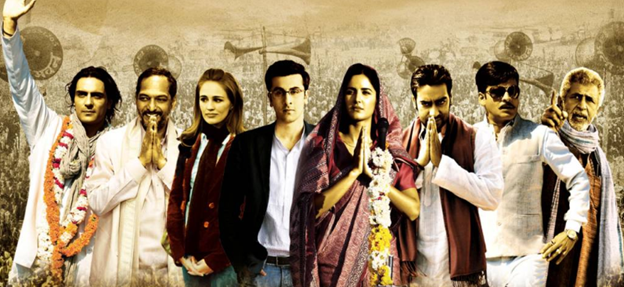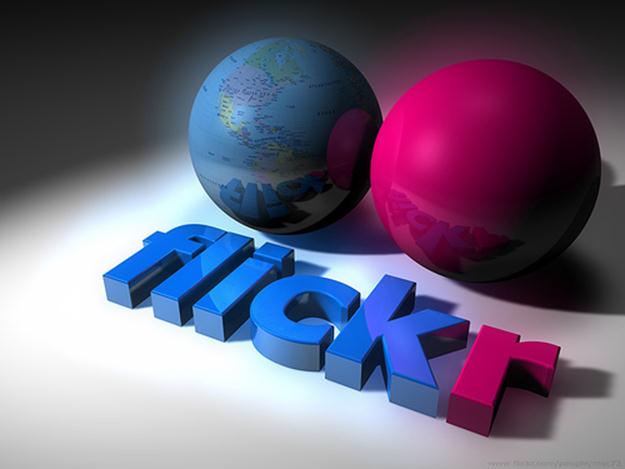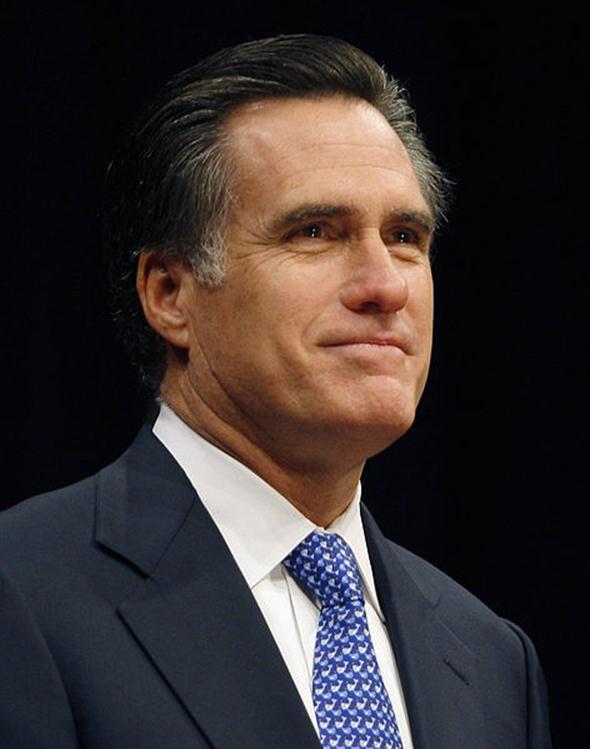Myth Busting: Why Is American Health-Care Spending So High?
May 19, 2012 in Daily Bulletin

Timothy Taylor writes that “the U.S. spends more than 50% more per person on health care than the next highest countries…and more than double per person what many other countries spend.” Yet the reasons for high spending without a corresponding increase in life expectancy aren’t what most people would assume:
- While America does have an obesity crisis it also has a younger population with low rates of smoking. So it is not the case that Americans are less healthier than others.
- The US also does not have more doctors or hospital beds per person than other rich, developed countries.
- While the US does buy brand-name drugs instead of generic drugs, the amount that could be saved from the move to generic drugs would only be about 2-3% of total healthcare costs.
So what does explain the high spending? High prices for hospital stays and high administrative costs. To read more about why these costs are so high, as well as other factors do and don’t contribute to the problem of high healthcare spending, and some scattered analysis of how American healthcare compares to that of other countries, click here.
Source: Conversable Economist









Join the Discussion! (No Signup Required)